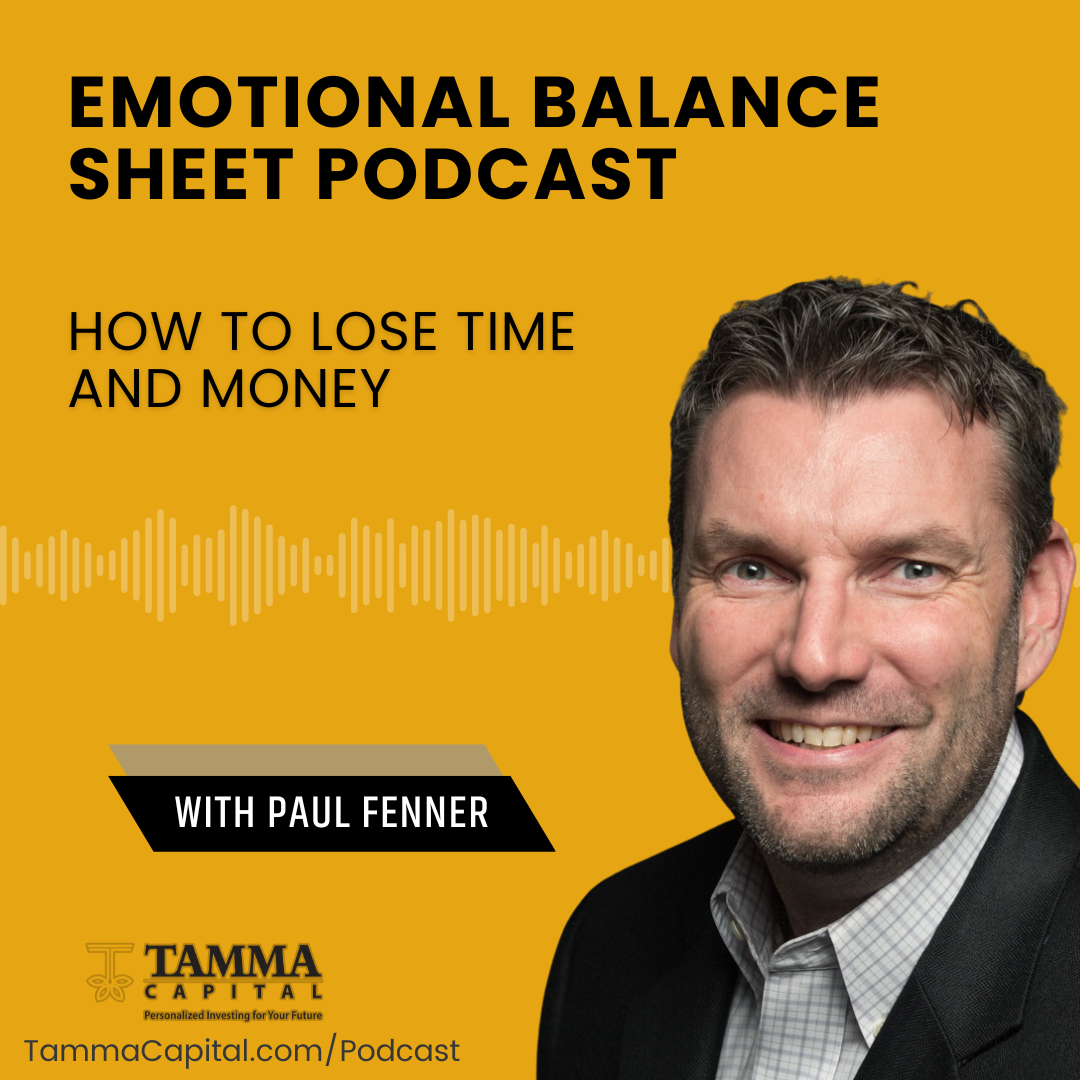Ep.136 - How to Lose Time and Money
Do you give an honest answer when someone asks, "How are you doing?" Or do you give the typical generic response about how "busy" you are?
Paul Graham is an investor who has worked with thousands of startup companies and is also a prolific writer. I imagine that Paul has some valuable insights into what it means to be busy.
The central thesis behind our discussion is Paul's essay "How to lose time and money." Within it, I go deep into the idea that the most dangerous way to lose time is not to spend it having fun but doing fake work.
ADDITIONAL RESOURCES YOU MAY LIKE
1 Big Idea to Think About
The most dangerous way to lose time is not by spending it having fun, but by spending it doing fake work.
1 Way You Can Apply This
Take the time to reassess how you allocate your time and ensure that you're not just filling it with busywork. Prioritize activities that bring genuine fulfillment and joy, even if they may not seem directly productive.
1 Question to Ask
How can I shift my mindset to prioritize meaningful experiences and relationships over the illusion of productivity?
Key Moments From the Show
0:00-1:02: Introduction, setting the stage about the common response to being busy.
1:03-2:37: Reflecting on personal experiences of busyness and the realization about the nature of time.
2:38-5:02: Discussion on Paul Graham's essay "How to Lose Time and Money" and its significance in understanding the concept of fake work.
5:03-7:36: Sharing personal struggles with balancing work and family commitments, particularly during events like children's swim meets.
7:37-9:51: Emphasizing the importance of shifting mindset and enjoying the present moment, especially in family interactions.
9:52-End: Conclusion and reminder to prioritize meaningful experiences over the illusion of productivity.




